
Specialty drugs drove spend in 2012 and accounted for almost two-thirds of spending on branded products.

Specialty drugs drove spend in 2012 and accounted for almost two-thirds of spending on branded products.

David Hileman, senior vice president of Omnicare, recently discussed how market access to oncology medications is changing and presented strategies manufacturers can use to support patient need through compliant distribution channels.
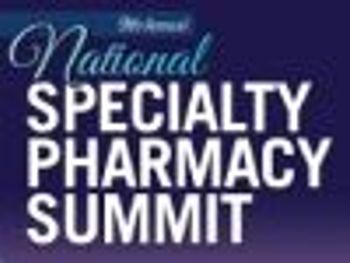
Representatives from the pharmaceutical industry and the managed care arena recently squared off at the 2013 Armada Specialty Pharmacy Summit about the costs and benefits of copay offset programs for biologics.

Specialty Pharmacy Times interviewed Andrew Pollack of The New York Times to find out how a top biotechnology journalist covers developments in the pharmaceutical pipeline accurately and succinctly, all while keeping the interest of the reader.

A new payer study from Avalere Health LLC and Janssen Biotech, Inc released at the 2013 Armada Specialty Pharmacy Summit seeks to determine which innovative strategies will be most successful in managing access to specialty drugs.

We discussed the highlights of Express Scripts' Workers' Compensation Report with Rochelle Henderson, director of health services research, research and new solutions, to learn more about how employees use prescription drugs through workers' compensation.
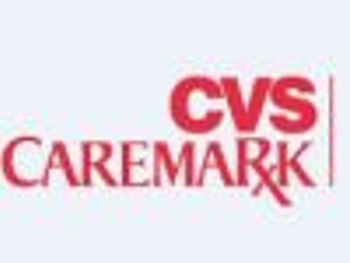
During CVS Caremark's first quarter earnings conference call on May 1, 2013, executives revealed that specialty is and will continue to be a "top priority."

EvaluatePharma's first-ever report covering the orphan disease sector predicted that the orphan drug market will reach $127 billion by 2018 and will grow at a rate that is nearly twice that of the overall prescription drug market.

The Academy of Managed Care Pharmacy recently informed legislators in Oregon and California of its opposition to biosimilar substitution laws pending concrete FDA guidance.

A new report from Fitch Ratings identifies the most promising business development tactics and targets for 3 small market players in the specialty pharmaceutical space.

Results from a recent survey indicate that although payers are more familiar with specialty drugs, nearly half are not satisfied with their specialty pharmacy provider's adherence measurements.

A budget document released by the Obama administration details plans to restrict pay-for-delay agreements and reduce biologic product exclusivity terms.
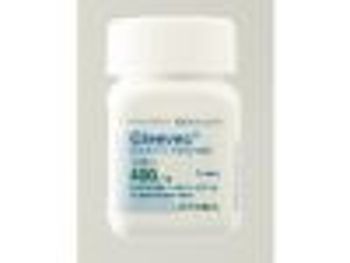
Differences in patent extension terms in the United States and India have led to a ruling that may affect future drug innovation overseas.

The power of Internet search has recently been harnessed to help diagnose obscure diseases and monitor adverse effects of medications used to treat disease.

The newly released payer-directed resource from Avella details 10 of the most important issues payers should consider when selecting a specialty pharmacy.
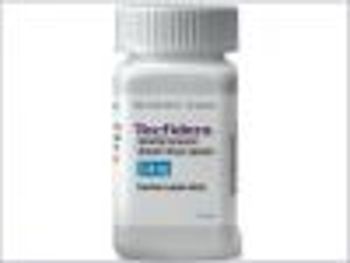
A new drug to treat multiple sclerosis has the potential to drive spending increases in the specialty category.
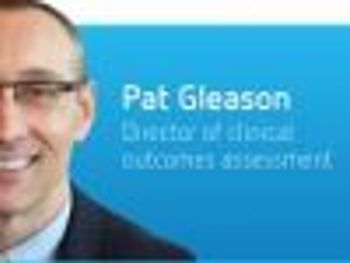
Prime Therapeutics' new studies, scheduled to be presented at AMCP, reveal that expected medical savings from the utilization of specialty drugs no longer offset the high cost of these therapies for the treatment of hepatitis C and rheumatoid arthritis.

Specialty Pharmacy Times spoke to Glen Stettin, MD, senior vice president, clinical, research and new solutions, about the major findings of the report, the efficiency of patient engagement, and how the proportion of total drug spend for specialty medications will change in the coming years.

Adam J. Fein, PhD, of Pembroke Consulting and Drug Channels, appeared on FOX Business to discuss the recent partnership between Walgreens, Alliance Boots, and AmerisourceBergen.

A study assessing HIV treatment interruption in 14 French subjects suggests that early initiation of antiretroviral therapy may be associated with sustained virological remission.

If new draft guidelines from the FDA take effect, drugs to treat Alzheimer's disease will only be required to demonstrate small improvements in patient cognition to qualify for approval.

Biopharmaceutical companies have 907 biologic medicines and vaccines in development, according to a recent report from The Pharmaceutical Research and Manufacturers of America.

The global market for biosimilars is predicted to grow to $3.7 billion by 2015, according to a recent report by Grant Thornton. Will proposed legislation regarding the interchangeability of biosimilars thwart United States innovation and leave us far behind our European counterparts?

Improvements in adherence levels and outcomes for patients with hepatitis C were recently linked to the pharmacy channel through which the patients received their specialty medications.

We sat down with Kjel A. Johnson, PharmD, senior vice president, Strategy & Business Development, Magellan Pharmacy Solutions, to learn more about buy-and-bill practices, 340b drug pricing, and how site-of-care changes may affect the drugs covered under the medical benefit.

The average price of new drugs at launch is steadily increasing, making the case for their early management that much stronger, noted Christine Strahl of HealthPartners at the 2012 PBMI Drug Benefit Conference.

Health insurer Anthem pulled the plug on a policy in California that would require patients to get their specialty drugs through the mail.

Peter Wickersham, senior vice president of cost of care at Prime Therapeutics, revealed at this year's PBMI Drug Benefit Conference how to best structure benefit design and formulary to reduce specialty drug costs.
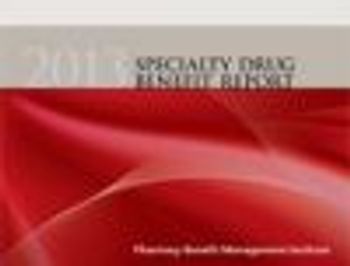
Results from the second annual Specialty Drug Benefit survey reveal that plan sponsors still know very little about specialty drug spending. Transparency of specialty pharmacy rebates, specialty copay assistance programs, and the selection of lower-cost sites of care are expected to be topics of increased interest in the coming year.

A recent study found that transplant pharmacology experts working in specialty pharmacy programs positively influence patient adherence to immunosuppressive agents.